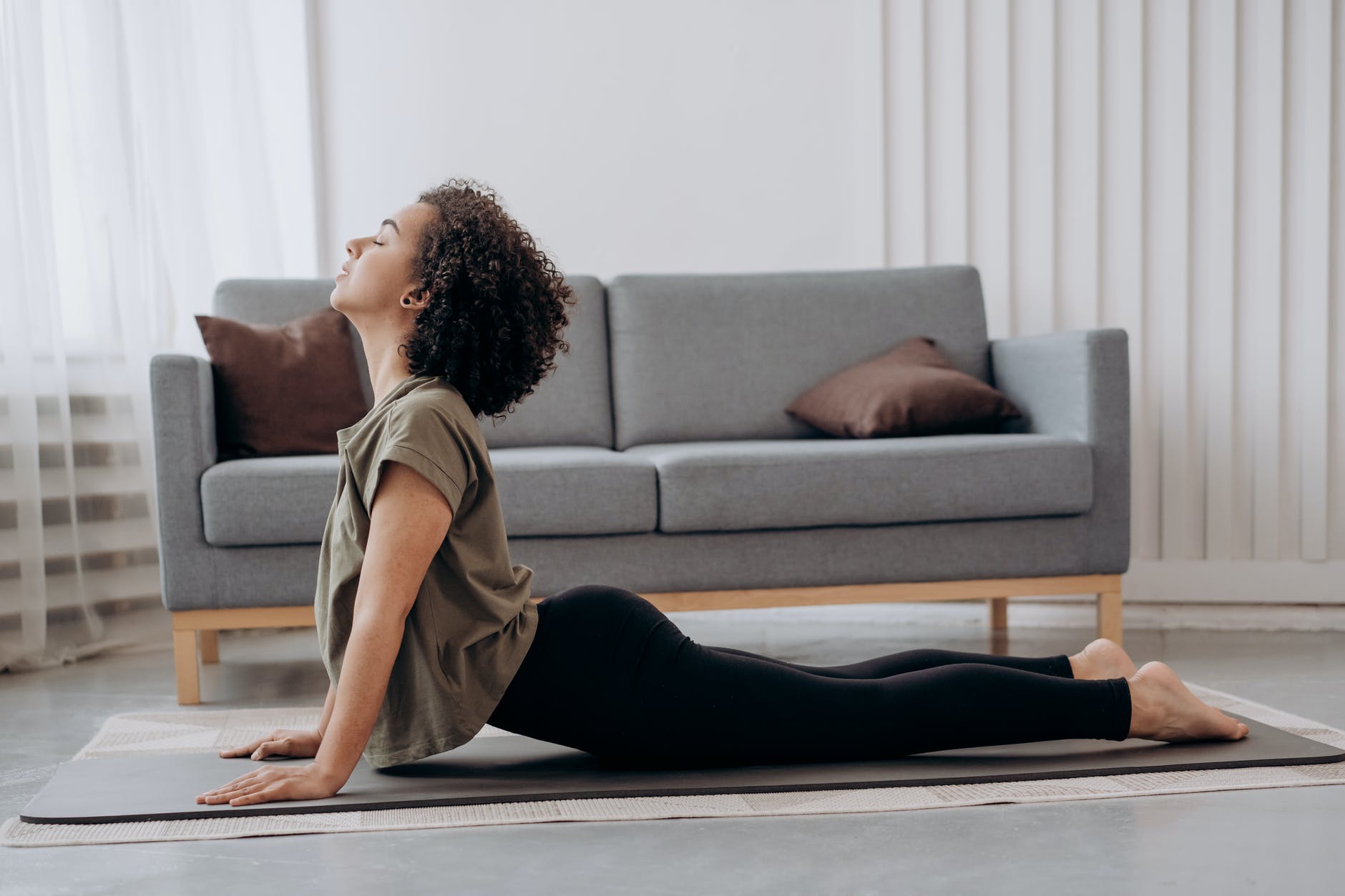Meditation has been proven to more than just reduce stress and help us achieve inner peace. Studies have shown that a regular meditation practice can also lengthen our attention span, reduce age-related memory loss, improve sleep, and help control pain. Additionally, meditation can be done for free, anytime and anywhere, without need for special equipment, and with zero side effects.
While the number of people turning to meditation has increased through the years (a rough estimation of people who meditate globally ranges between 200 and 500 million), there are still many who hesitate to take up the practice because of the misconceptions that make them feel they cannot do it. We asked Dinah Salonga, co-founder and Chairman of Yogaplus (www.yogaplus.ph), one of Manila’s premier yoga studios, to debunk some common myths and explain what meditation is really about:
“Meditation is the practice of paying attention to whatever arises in the present moment, not communicating with a deity. There are no rules or dogmas to follow in meditation.”
Dinah Salonga, co-founder and Chairman of Yogaplus
- Meditation requires staying still for a long period of time.
Dinah: Just like dance or yoga, there are many different styles of meditation and many ways to practice it.
A. There is a dedicated practice, where you intentionally set a time to meditate in stillness for a few minutes. It’s like going to the gym; while you’re there, you focus on doing your exercises.
B. For those who have difficulty sitting still, there is the integrated practice, where you can meditate while doing an activity like walking, eating, hiking, or drinking coffee. Yoga is another example of a moving meditation practice.
- You need to be able to sit in an uncomfortable lotus position (a cross-legged sitting pose in which each foot is placed on the opposite thigh).
Dinah: Not at all. You can sit in a normal cross-legged position, or even sit down on your heels in a kneeling position. If being on the floor is not comfortable, you can meditate while sitting on a chair with your feet flat on the floor, or even standing up. You may even lie down — just make sure you don’t fall asleep.
The important thing is to be in a position where you are comfortable and your spine is in neutral alignment — this means the spine is straight but not rigid, making it easier for you to breathe.
- Meditation is a religious practice so I don’t want to do it because I’m a devout Catholic/Christian/Muslim/etc.
Dinah: Although many religions talk about meditation and its importance, the practice is more spiritual than religious. Meditation is the practice of paying attention to whatever arises in the present moment, not communicating with a deity. There are no rules or dogmas to follow in meditation; if there is chanting in a session, it is only done as a means of helping the mind concentrate, and is completely optional.
- The goal of meditation is to empty the mind and feel calm and peaceful.
Dinah: Just as there are different styles of meditations, there are also different goals. You can meditate to relax, to empty the mind, or to learn to pay attention. The last one is called mindfulness meditation, where distractions are a part of the practice and you will be taught how to respond when you are distracted.

- One session of meditation can solve my problems (i.e. depression, anxiety, etc) right away.
Dinah: Definitely not. Meditation is a practice and something you need to do regularly to experience the benefits. In some instances, it may not even be the right solution for your current situation. If you have a mental health problem, for example, it will be best to consult a professional and get their advice on whether meditation can help you.
- You need to practice meditation for YEARS to reap the benefits.
Dinah: Even just short segments of practice (i.e. one minute a few times a day) can already make a difference in making our minds more calm. Sure, it might take some time to feel that meditation has completely transformed you, the way you live, and your overall happiness; just like any other skill, the more you practice, the longer the effects will last. Take it step by step and enjoy the process of getting to know your mind.
- Meditation is hard, it’s only for women/monks/elderly/etc.
Dinah: Meditation is simple but is not easy. Think of it as driving or riding a bike — these are skills that can be done by anyone. We can all learn and become good at it if we practice. With a few exceptions (like some mental health issues), almost everyone can do it.
MindNation Wellness Coaches are available 24/7 to help you build better physical and mental health habits. Book a teletherapy session with them through FB Messenger http://mn-chat or email [email protected].

